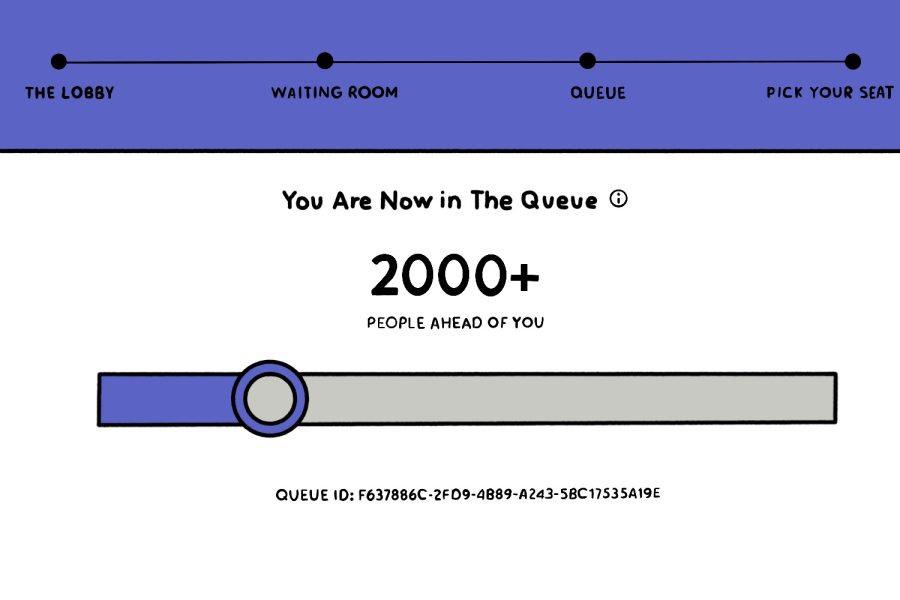Record high temperatures, yet another symptom of the planet’s failure to mitigate climate change, are upending everyday life in cities across the American South and Southwest. On Aug. 7, Miami set a daily heat record at 95 degrees. Just one day later, the city experienced its highest heat index ever. This means that when taking humidity into consideration, it felt like 113 degrees outside.
“Extreme heat has drastically affected my summer plans. My family and I enjoy going to the beach and taking long walks but the heat has prevented us from doing so without the fear of dehydration or heatstroke, even while staying well hydrated. It’s so bad that even going outside to take out the trash is dreadful,” senior Jocelyn Ugarte said.
But this phenomenon is not an anomaly; throughout many parts of the United States, Europe and Asia, deadly heat waves are contributing to what could become the hottest summer in the history of the world. The past eight years were globally the warmest on record. This is a consistent pattern that could lead to the extinction of Florida coral species and compound the effects of increasingly intense natural disasters. These consequences could be irreversible if the international community fails to deliver concrete climate action soon.
“The extreme heat waves of this summer have been horrendous. I felt like fainting every time I walked outside of my internship. My back would sweat and my head would hurt. Miami is increasingly becoming more and more unlivable,” senior Santiago Giraldo said.
Unprecedented water temperatures, in particular, are proving to be dangerous to Florida’s coral reefs. Multiple reefs around the Florida Keys are turning white and starving to death, a process known as coral bleaching. Corals play a crucial role in protecting the biodiversity of oceans, so if temperatures continue to increase, especially in the Florida Bay, entire ecosystems that many Floridians rely on will surely deteriorate. On land, excessive heat warnings are financially straining businesses and severely affecting many Miami residents.
“I live five feet under sea level, and during every hurricane or tropical storm, I face extreme flooding. Neighbors of mine have even moved farther inland because they are old and don’t want to worry about the floods entering their house anymore,” senior Steffi Sarmiento-Mena said.
But extreme weather alerts are also impacting Europeans’ quality of life. In the Italian island of Sardinia, for instance, authorities advised people to stay inside from late morning until 6:00 p.m. throughout late July. This standard of living is simply unsustainable and unacceptable.
It is easy to see the connection between these dangerous heat waves and the alarming prevalence of catastrophic natural disasters wreaking havoc on the globe. For instance, deadly wildfires in Maui have killed at least 93 Hawaiians, which is the highest wildfire death toll in a century.
“Because South Florida is expected to go underwater, I will probably move further north and stay away from coastal areas that can flood easily. Biden should declare a climate emergency given what has happened recently in Hawaii, New York, California and Florida,” senior Natalie Muniz said.
Fortunately, the Biden administration announced new measures to provide relief from extreme heat. The policies will improve weather forecasts, make drinking water more accessible and provide hazard alerts notifying workers about ways to protect themselves from heat waves.
But Congress needs to do more to address the climate crisis and pass the Inflation Reduction Act, which would be the biggest climate protection bill ever. The president should also declare a climate emergency, which would allow him to speed up the energy transition and block fossil fuel projects without congressional approval. Such actions are controversial but ultimately necessary because climate change is the existential threat of our time.











